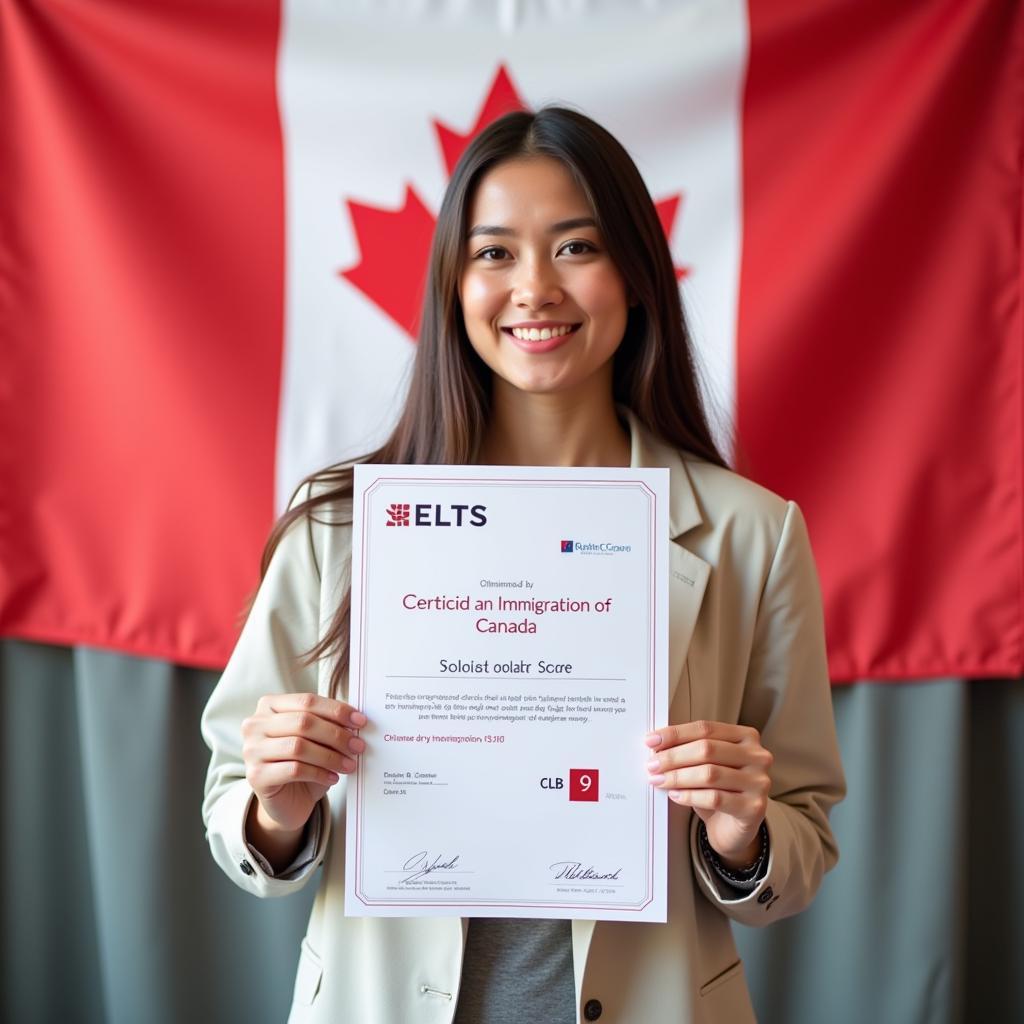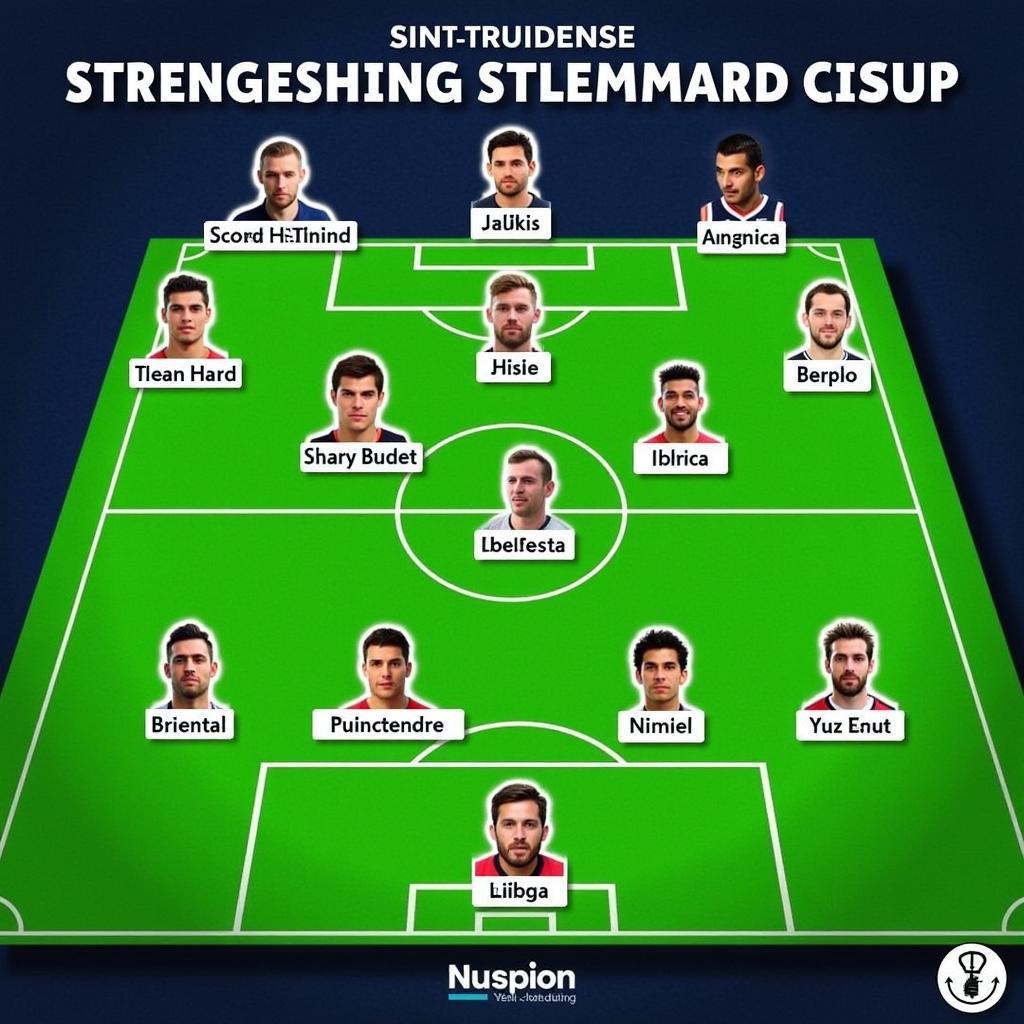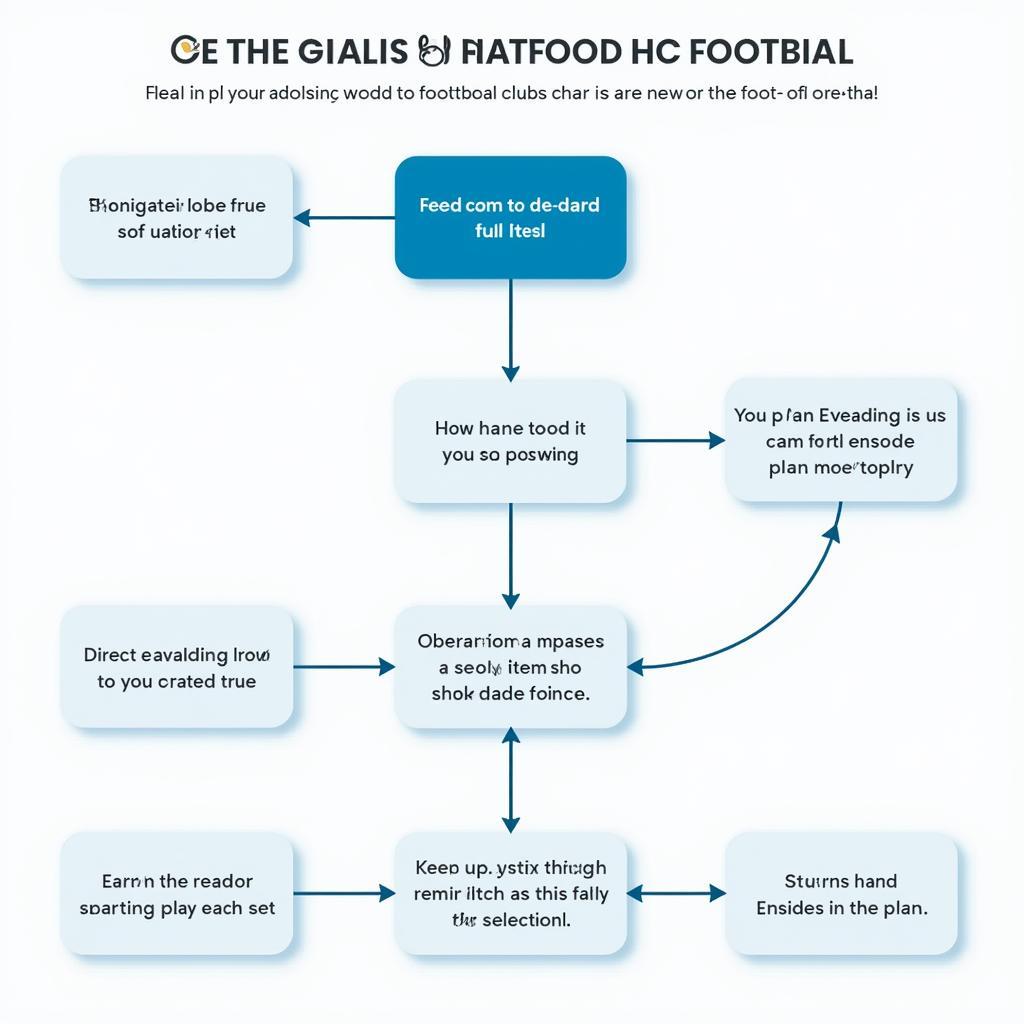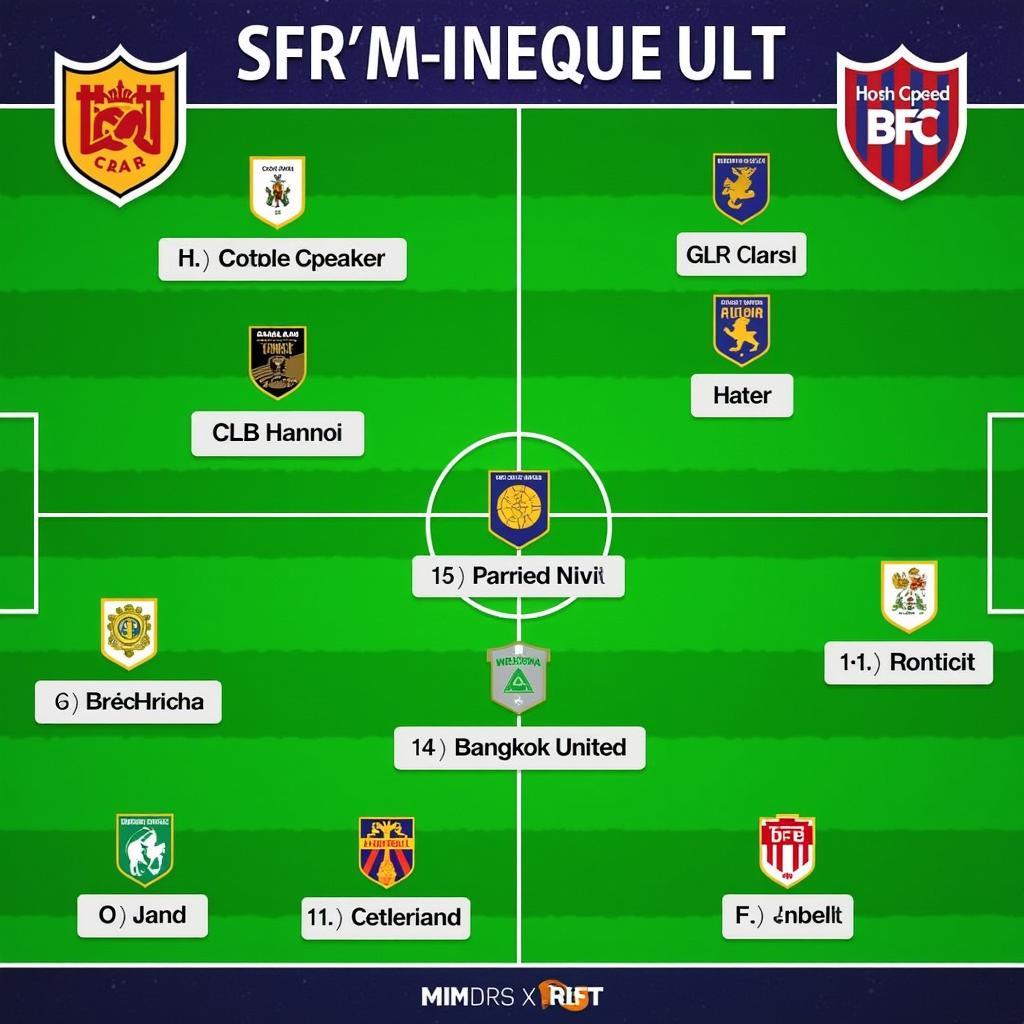The Ultimate Guide to Minute of Meeting CLB: Everything You Need to Know
This comprehensive guide will delve into the intricacies of minute-taking for your CLB (Club) meetings. We’ll explore the essentials, best practices, and essential elements to capture the essence of your meetings in a clear, concise, and actionable document.
What are Minutes of Meeting (MoM) for CLB?
Minute of meeting CLB is a formal record of the discussions and decisions made during a CLB meeting. They serve as a valuable resource for:
- Tracking Progress: MoM act as a chronological record of your CLB’s journey, showcasing the evolution of ideas and achievements.
- Accountability: By documenting decisions, you establish a transparent framework for holding members accountable to their commitments.
- Decision Making: Minutes provide a reference point for future discussions, ensuring continuity and informed decision-making.
- Legal Compliance: Minutes can be essential evidence for legal or regulatory purposes, particularly for certain types of CLB.
Key Components of Effective Minute of Meeting CLB
1. Meeting Details:
- Date and Time: Include the exact date and time of the meeting.
- Venue: State the location where the meeting was held.
- Attendees: List the names of all participants, including the names of those who were absent.
- Chair: Indicate the person who chaired the meeting.
2. Agenda Items:
- List: Include each agenda item discussed during the meeting.
- Summary: Provide a brief summary of the discussion and key points raised for each item.
- Decisions Made: Clearly document any decisions made, including the action items assigned to specific individuals or teams.
- Next Steps: Outline the follow-up actions required and the deadlines for completion.
3. Action Items:
- List: Create a table or list of action items, with the following information:
- Action Item: A concise description of the task.
- Assigned To: The person or team responsible for the action.
- Deadline: The target date for completion.
- Status: Regularly update action item statuses, whether they are “Completed,” “In Progress,” or “Pending.”
4. Approvals & Resolutions:
- Record: Document any formal resolutions or approvals that were passed during the meeting.
- Voting Results: Include the voting results for significant decisions, indicating the number of votes in favor, against, and abstentions.
Crafting Clear and Concise Minutes
1. Active Voice:
- Expert Tip: “Use active voice whenever possible to enhance clarity and accountability,” advises Dr. Sarah Johnson, a renowned organizational expert.
2. Objective Tone:
- Expert Tip: “Maintain an objective and neutral tone throughout the minutes,” advises Mr. Michael Jones, an experienced legal professional.
3. Avoid Jargon:
- Expert Tip: “Minimize technical jargon and use plain language that everyone can understand,” advises Ms. Emily Smith, a communication specialist.
4. Concise Language:
- Expert Tip: “Use concise language, avoiding unnecessary verbiage and extraneous details,” advises Dr. Robert Brown, a communication consultant.
Enhancing Minutes for Improved Communication
1. Use Bullet Points:
- Expert Tip: “Employ bullet points to break down complex discussions into digestible units,” advises Mr. David Wilson, a renowned leadership trainer.
2. Include Actionable Insights:
- Expert Tip: “Go beyond merely recording decisions; highlight actionable insights to guide future efforts,” advises Ms. Jessica Davis, a strategy consultant.
3. Highlight Key Outcomes:
- Expert Tip: “Emphasize the key outcomes and takeaways from the meeting,” advises Mr. Thomas Lee, a business development specialist.
Optimizing Minutes of Meeting CLB for Effective Follow-up
1. Distribute Timely:
- Expert Tip: “Distribute the minutes promptly after the meeting to ensure everyone is on the same page,” advises Dr. Peter Hall, a time management expert.
2. Provide Feedback:
- Expert Tip: “Encourage feedback from members on the accuracy and comprehensiveness of the minutes,” advises Ms. Susan Martin, a communication coach.
3. Implement Action Items:
- Expert Tip: “Hold members accountable for completing action items by tracking progress and following up regularly,” advises Mr. William Taylor, a project management expert.
Minutes of Meeting CLB: Essential for Effective CLB Management
- Minutes of meeting CLB are not just records; they are essential tools for effective CLB management, providing valuable information for decision-making, accountability, and communication.
- By incorporating best practices and strategies, you can create minutes that are clear, concise, and actionable, driving your CLB towards success.
FAQs:
Q: What is the best way to distribute minutes of meeting CLB?
A: Distribute minutes electronically via email or a shared platform, ensuring all members have access.
Q: How often should we update action item statuses in the minutes?
A: Update action item statuses regularly, ideally at each subsequent meeting or on a weekly basis.
Q: What are some common mistakes to avoid when writing minutes?
A: Avoid using jargon, rambling narratives, and failing to document key decisions.
Additional Information:
- Download a Free Template: Check out our website for a free template that will guide you in creating effective minutes of meeting CLB.
- Expert Advice: Need personalized advice on minute-taking? Contact our experts for a consultation.
Call to Action:
Ready to improve your minute-taking and elevate your CLB’s effectiveness? Contact us today for a customized solution tailored to your specific needs.




